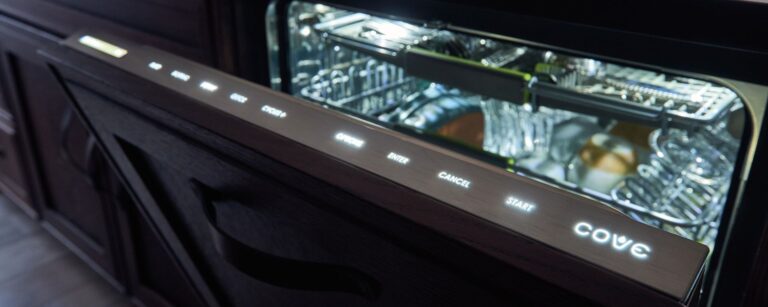Frankly Speaking (4-26-2019)
We need to talk. Four words most of us never want to hear. Primarily because it portends a rather unpleasant conversation. However, if you want to manage expectations properly – Great Expectations in Residential Remodeling – 11-19-2018 – good and sometimes frank discussions are critical.
The biggest mistakes made in residential remodeling all share at least one common factor. Lack of communications. We have all heard the disaster stories as well as the subsequent analysis. Today I want to write about something more specific. Designing, discussing, planning and building for someone with special needs, life circumstances or religious practices.
Don’t assume anything. For instance, just because your client is Jewish it doesn’t mean they are looking for a Kosher kitchen. Conversely, when looking for a help in planning a Kosher kitchen don’t assume the designer or remodeler knows what you need. Some may require two of everything and others may only want a small area for some things. The point is you won’t know if you don’t discuss it.
We are fortunate to live in a country with many diverse cultures. Cultural practices can require special considerations. You won’t know unless you ask. I was once called in to a nice but small home owned by a retired couple. We started discussing their needs do determine the best appliance package for them. It didn’t seem like very much cooking power or refrigeration was going to be needed until they mentioned the need for storing a lot of Tupperware. Which prompted me to ask more questions.
Turned out that there were two more refrigerator / freezers in another room. I learned that on Sunday they cooked for their extended family. Moreover, they cooked all the meals for the entire family and literally sent them home on Sunday evening with meals prepared for the entire upcoming week. This was a six to eight-hour task because they only had one 30” four burner range. Space was limited as well.
They had looked at 60” ranges but felt they were too expensive. They were also planning on moving in a four to five years. This was a case where function dominated form. The solution was two 30” ranges with two oven cavities each. The extra refrigerators were in a spare bedroom. So, we also put 30” upper and lower cabinets in that room. When the time came to move, they could remove the second range and hood and move the cabinets from the spare room into the space.
Elegant no, functional yes. It also reduced the time required on Sunday for cooking down by a few hours. Precious family time recovered.
Dealing with serious
medical issues doesn’t have to be awkward. For the purposes of this article I
will loosely define these as temporarily disabling or possibly terminal
illnesses. After several years of contracting kitchen design services to a
national Buyer’s Club I learned the value of straight talk.
An unintended consequence of their advertising was that it tended to draw people who were dealing with either terminal or extremely serious medical conditions.
One of the reasons their advertising attracted them was simple. When the person in the family who handled the finances found themselves in jeopardy, they were looking for a place the survivor(s) could go and be assured of getting a good price. If it came to that. The buyers’ club advertising also attracted people who had a new kitchen or dream bath on their bucket list and time getting short.
What makes the task of planning and executing a successful remodeling project more difficult than necessary is lack of frankness on either the client or vendor side. Or both. The best approach is a calm and direct conversation. If either party isn’t willing face the reality of the situation, the project shouldn’t move forward. If you can’t look the vendor in the eye and tell them the cold hard facts of your medical condition and more specifically how it might or will progress don’t move forward. If you can’t calmly ask your client, what the nature of their illness and how do you expect it to progress don’t move forward.
Disabilities can present a different set of issues. Just because someone took a class or two in universal design or even went so far as to get certified you must remember one thing, everyone is different. There is no such thing as a Universal Solution. Sure, there are commonly available products and materials that can and do make life easier for those who deal with physical disabilities. As a remodeling professional you must make the space better, more functional. As a homeowner, you must work through the process of determining exactly what you need. You can’t do that by holding back information.
As a client you should realize that certifications don’t guaranty an ability to craft a solution to fit your needs. In my mind a remodeling professional must be willing to sit down and ask you to explain in detail your challenges and your expectations. What benefits you expect from the remodeling project. More importantly whether you expect any changes in your condition for better or worse.
In summary, a successful remodeling project will require that the needs of the client, both present and future, were met or exceeded. Experience and education in universal design and construction are certainly important. However, credentials and experience are not enough without a complete understanding of the needs and expectations (there’s that word again) of everyone involved.
The Ask the Kitchen Guy Blog by Jeff Kida is the property of DDS Design Services, LLC. All rights are reserved by the owner.

